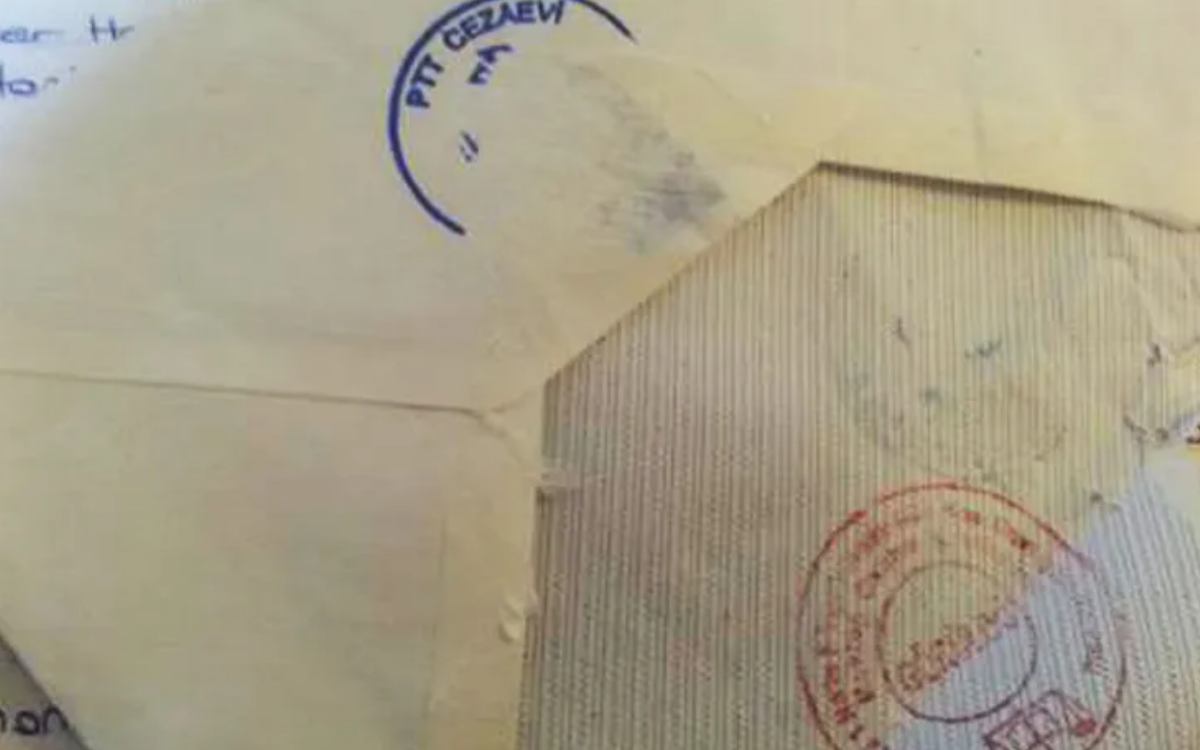The Constitutional Court (AYM) has ruled on a collective application made by 11 prisoners from various prisons regarding the seizure of their letters by disciplinary boards.
The prisoners – Kamil Özdemir, Aydın Çiçin, Hasan Didar, Hasan Umut Özer, İsa Kaya, Mehmet Karaman, Muhammed Salih Gürakar, Mümin Evran, Nurettin Bülbül, Selman Esmer, and Serkan Cengiz – objected to the confiscation of their letters by disciplinary committees by appealing to the Execution Judgeships in their respective cities.
Violation of communication freedom
After the Execution Judgeships rejected their objections, the prisoners brought the issue to the High Criminal Courts, which also dismissed the appeals and upheld the disciplinary decisions without providing any concrete justification regarding the contents of the letters. Consequently, the 11 prisoners filed individual applications with the Constitutional Court, arguing that no adequate reasoning had been provided and that their right to communication had been violated.
The intercepted letters, deemed "inappropriate" by the disciplinary boards, were addressed to family members, friends, politicians, journalists, or public figures. The content of these letters included daily life observations and comments on prison practices. For example, a letter written by inmate Hasan Umut Özer while at Karabük Type T Prison in 2018 and addressed to journalist-author Hüseyin Aykol was delivered to Aykol only four years later.
The Constitutional Court consolidated the various applications due to their legal relevance.
Evaluating the applications under Article 22 of the Constitution, which guarantees freedom of communication, the Court found that the monitoring and confiscation of the prisoners' letters constituted an interference with this right. Moreover, the Court found that the disciplinary boards and judicial authorities had failed to provide specific and coherent reasoning regarding the content of the letters.
The Court also noted that in cases where only parts of a letter are deemed problematic, it should be considered whether the remaining content can be delivered to the recipient after the problematic sections are redacted. It concluded that "the interference was not necessary in a democratic society."
On these grounds, the Constitutional Court ruled that the right to communication of the 11 prisoners had been violated.
(AB/DT)





